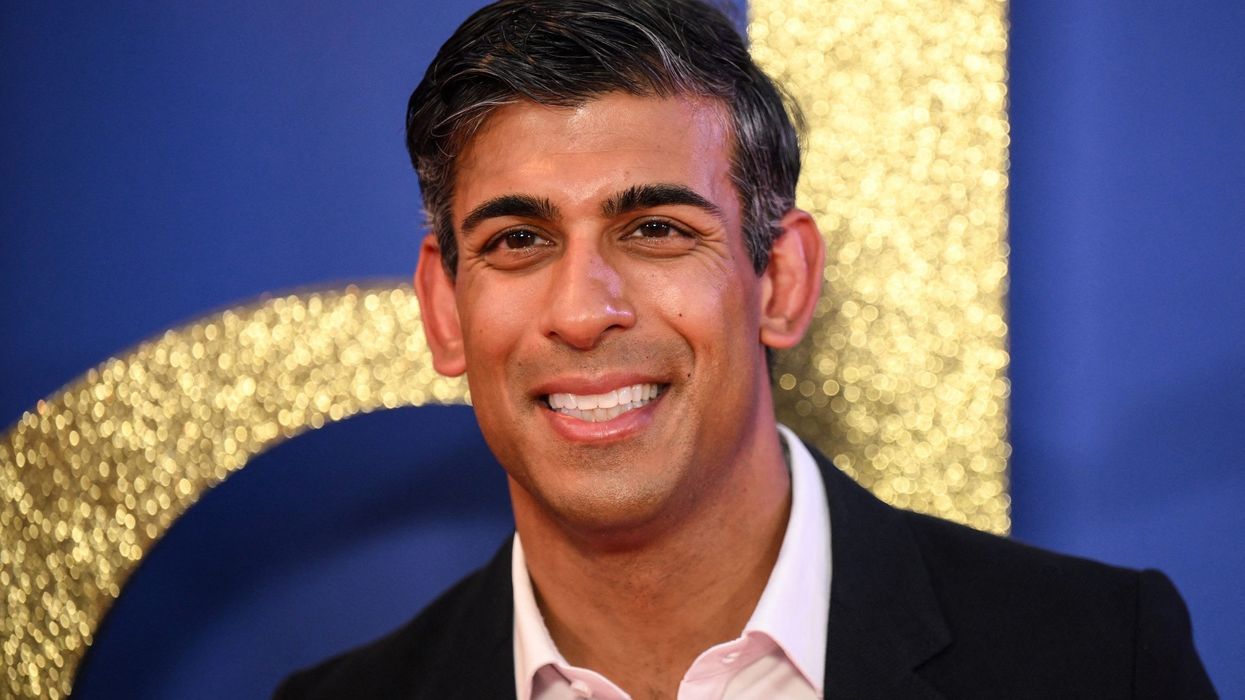Britain and the European Union were on Monday (27) poised to agree to a crucial overhaul of trade rules in Northern Ireland, in a breakthrough aimed at resetting strained relations since Brexit.
Prime Minister Rishi Sunak and European Commission chief Ursula von der Leyen were set to hold "final talks" at lunchtime in the UK, in a bid to end more than a year of negotiations over the so-called Northern Ireland protocol.
Agreed in 2020 as part of Britain's divorce from the EU, the contentious pact kept the province in the European single market and subject to different trade rules than the rest of the UK.
However, staunch opposition to the protocol from the pro-British unionist community in Northern Ireland, who argue it threatens the province's place within the UK, has led to the collapse of devolved power-sharing there.
That prompted the UK government to threaten a unilateral overhaul of the protocol unless the EU agreed to wholesale changes, souring diplomatic relations and risking a wider trade war.
Talks between London and Brussels aimed at resolving the problems with the protocol dragged on through last year -- and two changes of prime minister in the UK.
Now, after months of what Downing Street called "intensive negotiations" since Sunak took power in October, a deal appears within sight.
"Positive, constructive progress has been made," his office said in a statement late Sunday.
"The prime minister wants to ensure that any deal fixes the practical problems on the ground, ensures trade flows freely within the whole of the UK, safeguards Northern Ireland's place in our Union and returns sovereignty to the people of Northern Ireland."
DUP 'influential'
After Monday's talks, a British cabinet meeting will take place in the afternoon, when ministers will get an update.
If a final deal is agreed as expected, Sunak and von der Leyen will hold a short joint press conference in Windsor, west of London, famous for its royal palace.
Sunak is then due to deliver a statement to parliament on the agreement.
The UK leader must convince eurosceptic Conservatives, including his potentially rebellious predecessor Boris Johnson, that the deal secures enough concessions from Brussels.
He will also hope to win the backing of Northern Ireland's Democratic Unionist Party (DUP), the largest pro-UK unionist party, which has said it will keep blocking the functioning of the assembly there until the protocol is scrapped.
Former cabinet minister and Johnson loyalist Jacob Rees-Mogg hinted at the peril Sunak faces over the deal when asked about it Monday, noting the DUP's verdict would be "very influential" among Tory lawmakers.
"I'm not sure he has achieved the objective of getting the DUP back into power-sharing, which is the fundamental point of it," he told broadcaster ITV.
Restore power-sharing
Disagreements about the protocol have dogged relations between Britain and the EU since Brexit rules came into effect in 2021 and are seen as hindering broader post-Brexit cooperation.
The UK, which is grappling with the worst cost-of-living crisis in a generation and predicted to be the only G7 country to enter recession this year, is seen as eager to reset relations to boost trade.
The government in London is also under pressure to restore power-sharing in Belfast, particularly with the 25th anniversary of the 1998 Good Friday Agreement -- which ended three decades of conflict -- looming large.
Northern Ireland has been without a devolved government since February last year due to the DUP's walk-out.
The party had been due to share power with pro-Ireland Sinn Fein, which became the biggest party in the assembly after elections last May.
- AFP




